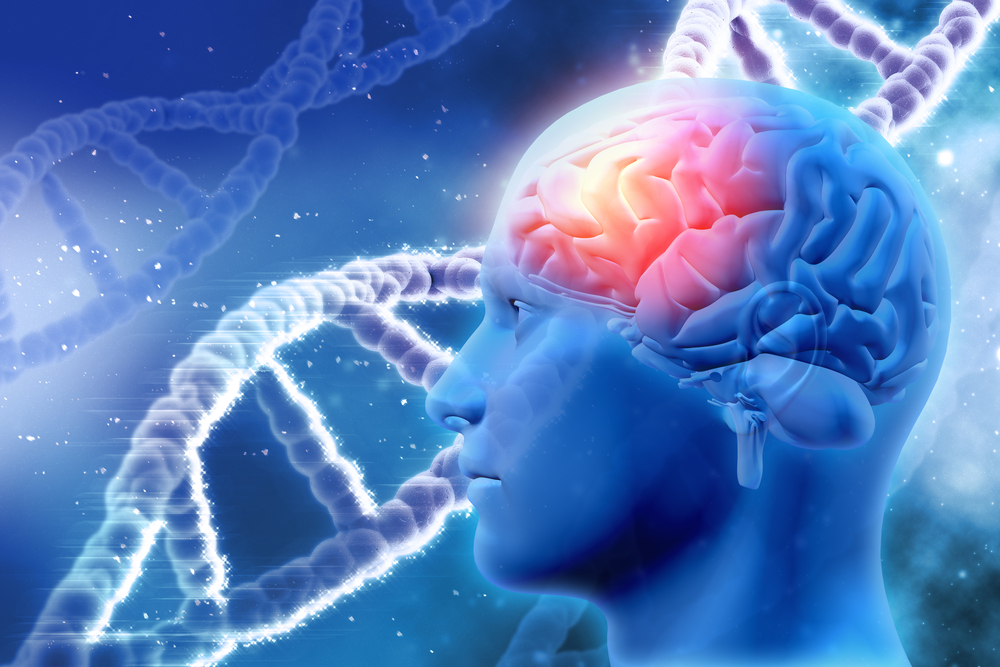$7.2M Grant Advances Work Into LRRK2 Protein’s Role in Parkinson’s

The Aligning Science Across Parkinson’s (ASAP) initiative has awarded a $7.2 million grant to a research team working to unravel the structure and biology of leucine-rich repeat kinase 2 (LRRK2), a protein linked to familial Parkinson’s disease.
The three-year grant, issued by the Michael J. Fox Foundation (MJFF), was given to an international team led by researchers at University of California San Diego. Their project joins five co-principal investigators with different specialties, three at UC San Diego laboratories and two in Germany.
“The goal of this project is to understand the basic cell biology and structure of this really fundamentally important LRRK2 molecule,” Samara Reck-Peterson, a professor of cellular and molecular medicine at the university and the project’s lead principal investigator, said in a press release.
Mutations in the LRRK2 gene are one of the most common genetic causes of Parkinson’s disease in families. The LRRK2 protein is also overly active in many people with idiopathic Parkinson’s, so-called because the disease has no identifiable genetic or other cause.
This protein plays an important role in cellular metabolism, such as autophagy (the cell’s recycling and waste-disposal system), and the mitochondrial activity that provides energy to cells.
The UC San Diego team has recently published the first visualizations of LRRK2 inside cells, and the first high-resolution 3D model of the protein.
To visualize the proteins at high resolution, the researchers resorted to high-end imaging technologies such as cryo-electron microscopy (cryo-EM) and cryo-electron tomography (cryo-ET).
Cryo-EM uses beams of electrons to investigate the structure of proteins at an atomic-level, while cryo-ET allows scientists to freeze molecules in a thin layer of ice to determine their molecular structure.
With this new funding, UC San Diego’s co-principal investigator Andres Leschziner and colleagues will use cryo-EM to unravel the full structure of LRRK2 in healthy and mutated states.
“LRRK2 is a complicated molecule with a lot of moving parts, and its dynamic behavior is very likely to play a role in both its normal function and Parkinson’s pathology. Understanding how the structure of LRRK2 changes in different states and with different disease mutations will be key to developing treatments,” Leschziner said.
Elizabeth Villa’s lab at the university will use cryo-ET and other techniques to further study LRRK2 mutant forms, and interactions inside its natural cellular environment.
“We are just starting to understand the roles of LRRK2 in various cellular processes,” Villa said. “Using high-end technologies, we are, for the first time, able to directly see LRRK2 as it performs these roles, as well as what happens when mutations affect LRRK2’s function” to “answer longstanding questions and generate new ones.”
Researchers believe that LRRK2’s interaction with microtubules may further explain its role in Parkinson’s. Microtubules are tiny filaments that constitute the cell’s cytoskeleton, and serve as a molecular highway system for transporting molecules. Most Parkinson’s-causing LRRK2 mutations increase the amount of the LRRK2 protein that is bound to microtubules.
Reck-Peterson and her team will investigate how LRRK2 interacts with microtubules to affect the transport of cargo within cells, and whether this interaction links to Parkinson’s disease.
Stefan Knapp, a professor of pharmaceutical chemistry at Goethe University in Frankfurt, will lead sample engineering for structure studies and probe design to locate LRRK2 inside cells. Florian Stengal, a professor of biochemistry at the University of Konstanz, will use mass spectrometry — a technique that allows large-scale analysis of proteins — to understand how LRRK2 proteins interact with both healthy and Parkinson’s cells.
“I’m grateful to ASAP for recognizing that this all-star team of scientists is well-equipped to make transformational discoveries that will provide new insights into the biology of this devastating disease,” said Kit Pogliano, dean of UC San Diego’s Division of Biological Sciences.






